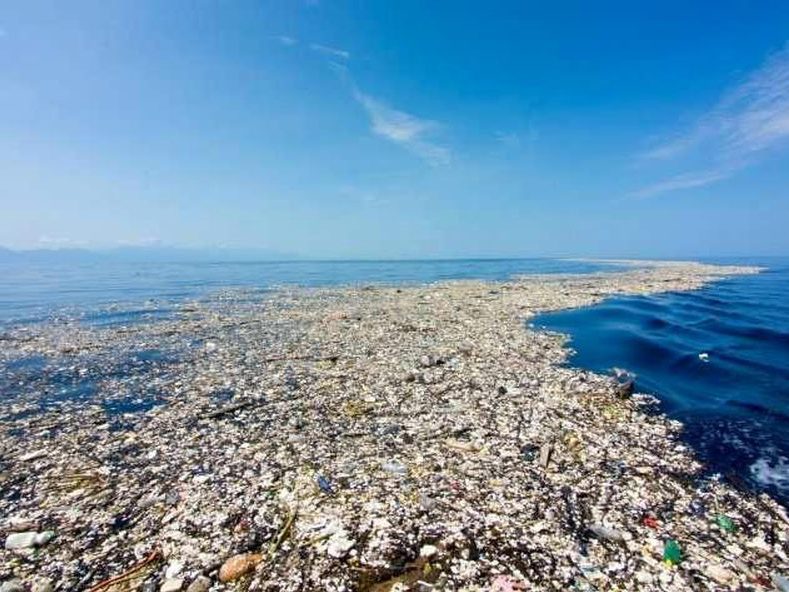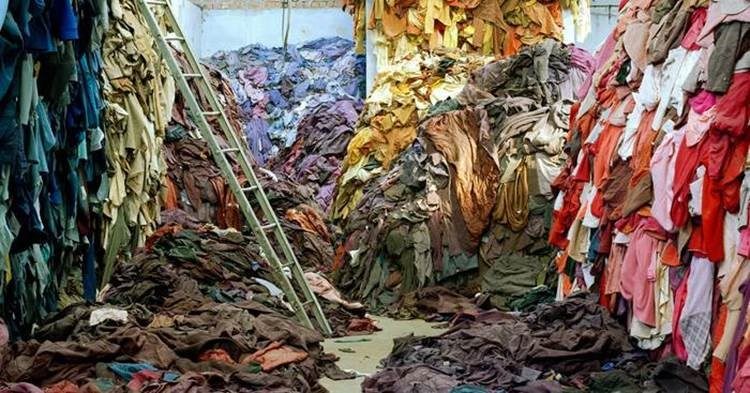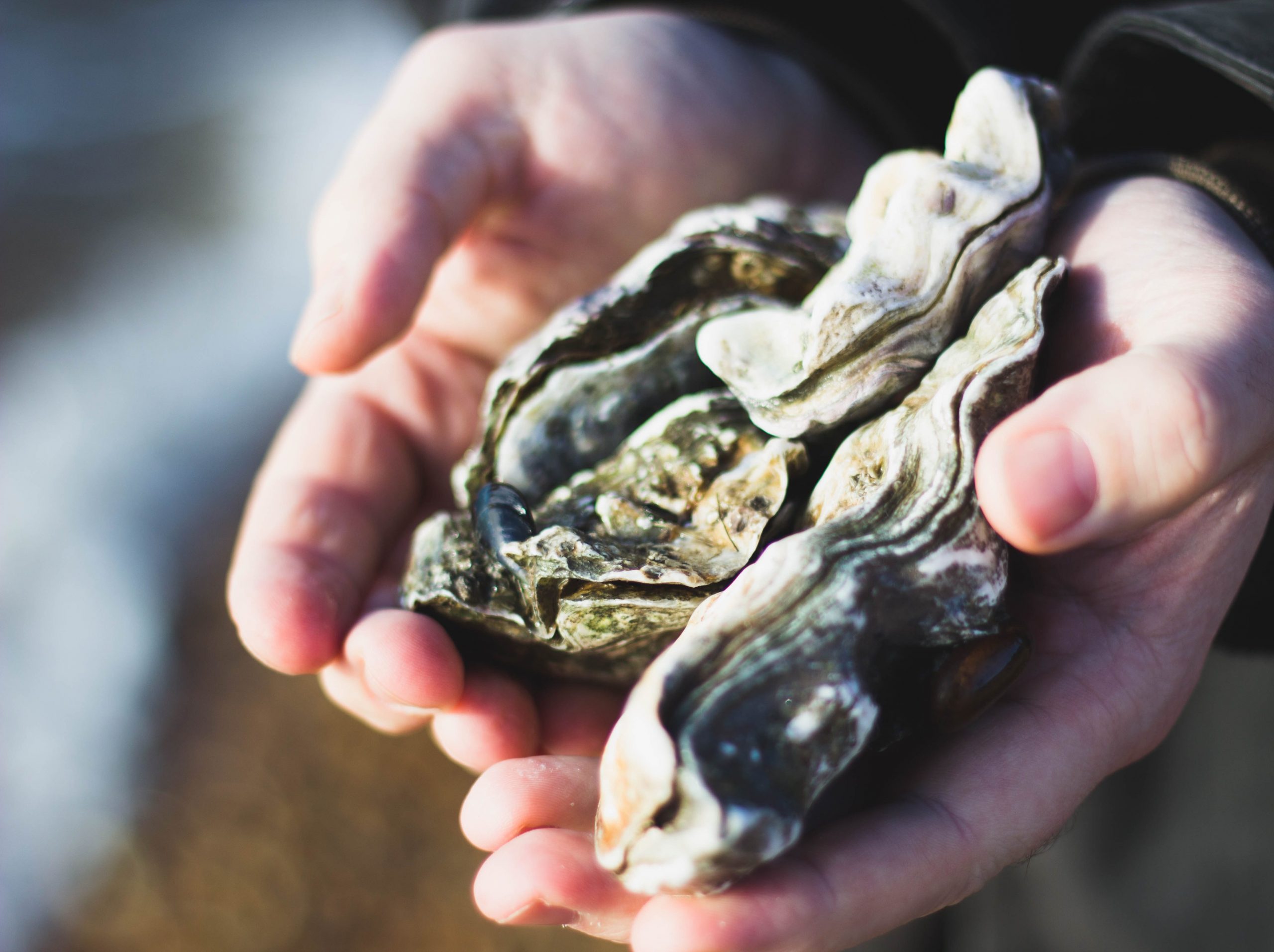Keep up to date with global environmental news and information every month


Waste is a serious problem we are facing across the globe. The phrase “going zero-waste” simply means generating little to no waste. This movement “redesigns

Most of us can never seem to find anything to wear while looking at our overflowing closets. There’re shoes, pants, belts, hats and shirts scattered

Since there are over 328 million people in the U.S, we need an abundance of food to be consistently reaching our supermarkets across the country

Oysters are a type of mollusk with a rough exterior that are typically found clinging onto sturdy substrates like shipwrecks or debris. They are valuable

Solar power or solar energy is quickly becoming an inexpensive renewable resource. However, how do solar panels necessarily work and what are the benefits of

Where did lawns come from? Lawns have been around since the medieval times in Europe, where only the wealthy, upper classes could afford to maintain